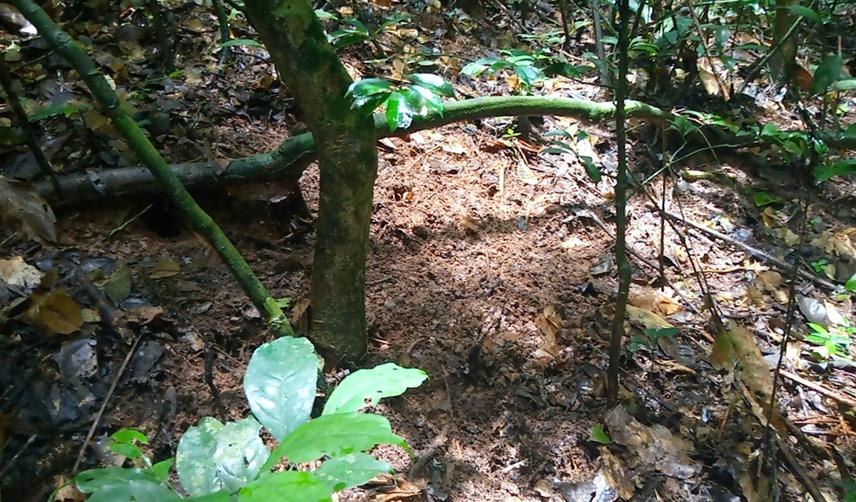Amos Fang Zeh
Other projects
21 Sep 2022
Strengthening Collaboration Management for the Protection of Critically Endangered Nigeria Cameroon Chimpanzee and Pangolins in the Kimbi Fungom National Park, Cameroon
The overall aim of this project is to improve on the knowledge of local communities in and around the Kimbi Fungom National Park on pangolin conservation. Specifically, this project sets out to assess the present population of pangolin in the Kimbi Fungom National Park for effective protection. Secondly, carry out sensitization in 10 peripheral communities on the role and benefit of pangolin conservation. Thirdly, to Enhance the capacity of 10 ecoguards (forest guards) and 10 community field guides in the use of field equipments and species survey and also in monitoring hunting activities such as snaring and effective patrol in the park and fourthly, survey market pattern and supply chain of pangolins. This will help policy makers and park mangers in effective formulation of planning and conservation policies that will help protect the surviving pangolin population.

Pangolin feeding sign close to the nest in the lowland forest of Etchem
The population of pangolins in the world is drastically reducing and pangolins are becoming scarce in the face of researchers. Globally, it is estimated that over one million pangolins have been poached from the wild in the last 10 years (Challender et al. 2014), making this animal the most trafficked wild mammal in the world. These inoffensive animals are a target for illegal international wildlife traffickers, mainly for their skin, scales and meat, driven largely by market demand in East Asia. Pangolins in Cameroon are predominantly threatened by habitat loss and intensive hunting (melle et al., 2019). It is noted that the peripheral communities around most protected areas in Cameroon are strongly involved in hunting and agriculture. This is due to poverty, little or no information about the conservation status of pangolins and community outcry for the government and researcher calculated attempts to deprive them for God s given resources. Moreover, most ecoguards who work in the park live at Kimbi where their office is located thereby leaving 85% of the park without proper patrol. The discovering of fertile soils for cocoa and palm production has led to the influx of many people with high demand for bush meat, thus leading to increase hunting activities (Zeh et al., 2019).
Thus, this project sets out to assess the population and enhance the Capacity of Peripheral communities in the Conservation of Pangolin (Manis spp) in the Kimbi-Fungom National Park. This will be achieved through the assessment of the present population of pangolins in the park, creating awareness of 10 peripheral communities on the role and benefit of pangolin conservation, through a change in their consumption pattern. It will also help in the provision of information on the state of black marketing in pangolin products (smoked and scales) and the quantity harvested per season. The capacity of 10 ecoguards and 10 community field guides will be enhanced, and this will help them to monitor hunting activities such as snaring and also for effective patrol in the park.
Results obtained from this project will exposed the situation of pangolin which will help in producing a strategic document that will be useful to the 3 divisional delegations of Forestry and Wildlife for Menchum, Boyo and Donga Mantung, Cameroon. Publication of results through scientific articles will expose the work to a battery of researchers.